Welcome to Matrix Education
To ensure we are showing you the most relevant content, please select your location below.
Select a year to see courses
Learn online or on-campus during the term or school holidays
Learn online or on-campus during the term or school holidays
Learn online or on-campus during the term or school holidays
Learn online or on-campus during the term or school holidays
Learn online or on-campus during the term or school holidays
Learn online or on-campus during the term or school holidays
Learn online or on-campus during the term or school holidays
Get HSC Trial exam ready in just a week
Get HSC exam ready in just a week
Select a year to see available courses
Science guides to help you get ahead
Science guides to help you get ahead
Matrix's Biology Coordinator, Dr Natalie Soars, shares her journey from a uni student to a marine scientist and beyond!
Aboriginal and/or Torres Strait Islander peoples should be aware that this website may contain images of people who have passed away.

Join 75,893 students who already have a head start.
"*" indicates required fields
You might also like

Join 8000+ students each term who already have a head start on their school academic journey.
I have a Bachelor of Marine Science (with Honours) from the University of Sydney, and I’ve been working and teaching at Matrix since 2016.
I love sharing my passion for science with the students and occasionally shocking them with biology facts.
Biology is certainly the squishy, crunchy, slimy side of science!
Since graduating as a marine scientist, I have worked on a variety of topics such as whale acoustics, fish larvae and ocean acidification, but most of my work has been on sea urchins (crunchy on the outside and squishy on the inside).
My PhD was on the sounds that sea urchins make, you can hear a radio interview about my PhD work and see some neat photos that I took here on the ABC website.
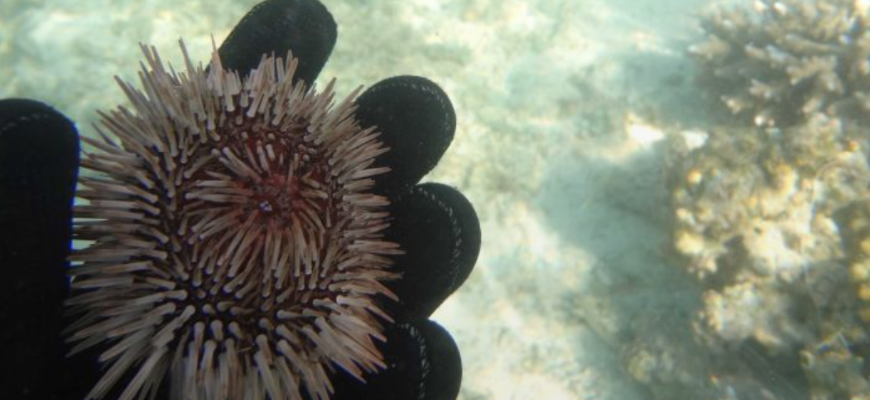
The basic degree for the Bachelor of Marine Science is usually three years of course work.
Like most courses, you cover basic maths and science subjects in first year and then do more specialised marine science subjects in second and third year such as oceanography and marine biology. First year is easier if you have done Maths and Science subjects in Year 12.
The course can be demanding and the students that choose marine science because they were on a cruise ship when they filled out the preference form don’t usually make it to the end of first semester (true story).
You can’t just love the ocean, you also need to love science at least a little bit!
I became interested in marine biology because I liked fish, but I learned a lot about marine invertebrates and ended up studying sea urchins for my honours project.
Keep in mind that university is already expensive and marine science has a few additional costs for things like wetsuit gear and field trips.
To become a marine scientist, you will need to get wet, you will need to get muddy and you will like it. If you can find the money, there are sometimes opportunities for interstate or international field trips or courses. Like many other students, I studied oil exploration as a subject just because the field trip was on One Tree Island in Queensland!
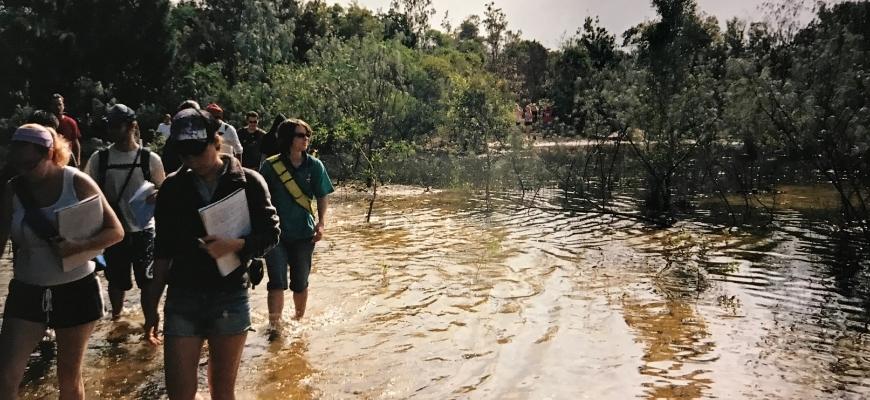
In high school, I thought it was gross and refused to do it. I ended up getting frustrated by my friends procrastinating over an eyeball, so I snatched the scalpel off them and did it myself!
During my degree, we dissected cockroaches, snails, squid, wallabies, rats and sea stars. My honours year was in the anatomy department and that was a bit of a shock because they were dissecting people…
That’s why you’re studying marine biology in the first place, right? If you’re lucky, you will get to play with critters during a lab or see something cool on a snorkelling trip.
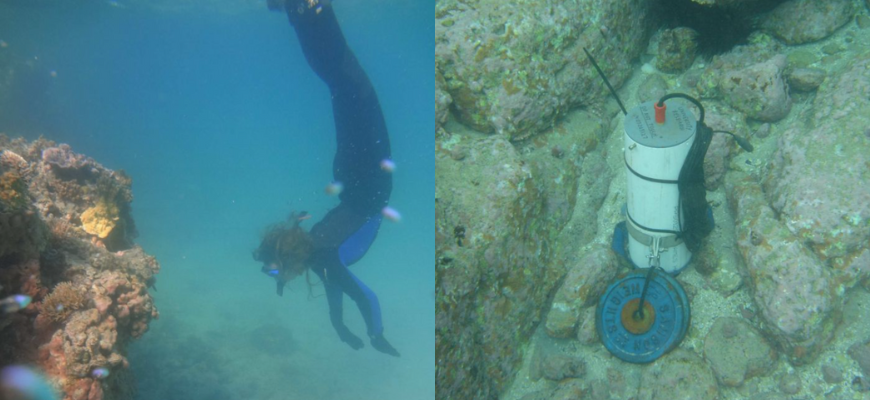
Receive in-depth resources and learn alongside expert Biology Teachers to help boost your marks and confidence!
Don't just memorise. Understand.
Expert teachers, weekly quizzes, one-to-one help! Ace your next Biology assessment with Matrix+ Online.
Some were not useful or relevant at all to marine biology (and you thought that was over once you finished high school? Ha ha!).
…Plus a large amount of homework with a casual job, all while your arts degree friends are bragging about the fact they only have to do 11 contact hours a week.
And some compulsory subjects were not actually compulsory if you could get special permission??

For me, it was obvious. I always loved animals growing up and I found science interesting from a young age.
I received a microscope for my 12th birthday! Then, I became specifically interested in aquariums and fish in Year 11.
I was also thinking about studying something IT or software-related, but marine science won in the end.
Sydney Uni is known for having a really great campus, while also being close to the city. Glebe and Newtown are fun places to hang out nearby. It’s also not hard to catch up with your friends if they go to UTS.
In terms of content, we learned a lot about marine invertebrates because that is what the lecturers were working on at the time.
If you are struggling to choose a university, it is a good idea to check online what the researchers in the faculty are working on to see if it aligns with your interests!
If you are super keen on something specific such as sharks or other marine biology like marine mammals, you need to find a course that covers them.
I finished my degree in 2006, so the course has since changed. Sydney University now offers it as a major rather than a separate degree and there are new subject options.
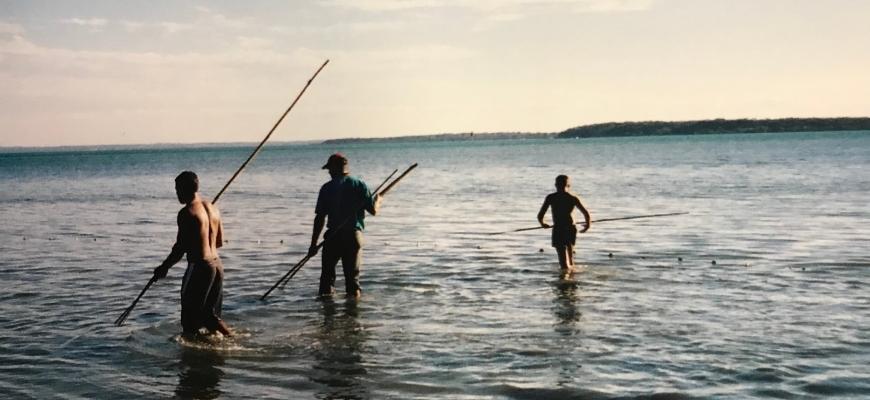
Sydney Uni has a good reputation and is easily accessible by public transport. My mum was excited for me to go because she also went there!
One Tree Island research station on the Great Barrier Reef was certainly a draw card (although there is no guarantee that you will get to go), most marine science students don’t realise that you don’t always need to be at a university near a coral reef in order to study coral reefs!
There are a few factors to consider when choosing a university course:
It is well known that for some career paths, the university you went to can impact your prospects. I personally haven’t observed this type of thing as a marine scientist. However, I am told that the reputation and specialties of the university you went to can be a deciding factor in your chance of getting a job.
Choose wisely, don’t go somewhere just because your friend is going there!
My honours supervisors offered me part-time jobs and encouraged me to apply for other jobs that I didn’t think I was qualified for (the trick is to apply anyway). I ended up with enough part-time jobs to be working full-time hours!
I’m not going to lie and say it isn’t tough out there, because it is. It helps if you haven’t studied marine science just because you want to work with dolphins or sharks – like everyone else.
Find something ecologically important but adorably gross to study!
That being said, I still ended up doing some work on whales because I was interested in acoustics.
It is important to be aware that some predatory organisations not only expect you to work as a marine scientist for free, but to pay for the privilege. They may be promising valuable experience for your resume, but always research an organisation before you sign up and ensure it is worth it.
I didn’t have a specific career goal. I guess I thought I might end up working in fish aquaculture. My goal was just to study what I was passionate about and one thing led to another. I recommend taking the opportunities where you see them.
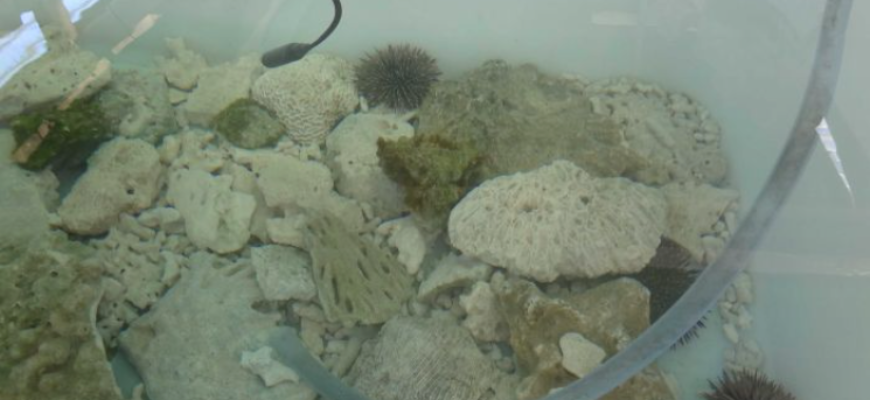
After I completed my PhD, I realised I wasn’t interested in being a specialist. It was more fun knowing a little about a lot of things than knowing everything about one thing! I started teaching, and there is a creative element to it that I enjoy. That’s something you don’t usually get from writing scientific papers.
Research careers can also be very unstable – every year or so you must apply for funding, and if you don’t get it well… that’s just too bad!
Studying or working and want a professional side gig?
Matrix Education is looking for driven and educated professionals to join our team of passionate educators.
Students always tell me they have heard there are no jobs as a marine scientist or more specifically, in marine biology. That isn’t true at all.
It is true that you will need to be flexible and you might need to move overseas for work. You might have to juggle multiple part-time jobs. Yes, it is competitive, but so are most other fields!
It helps if you are a passionate, persistent person. It is true that you are probably not going to become rich as a marine scientist. Most people are in it for the experiences, not the money.
My advice is to:
After I graduated, I was walking to work at the Australian Museum and stopped in at Starbucks. I was served by someone I knew from uni. He did a similar degree, but he was stuck working at Starbucks. So, he wanted to know how I got the museum job! The major difference between us was that I had done honours which had helped with my skills and networking.
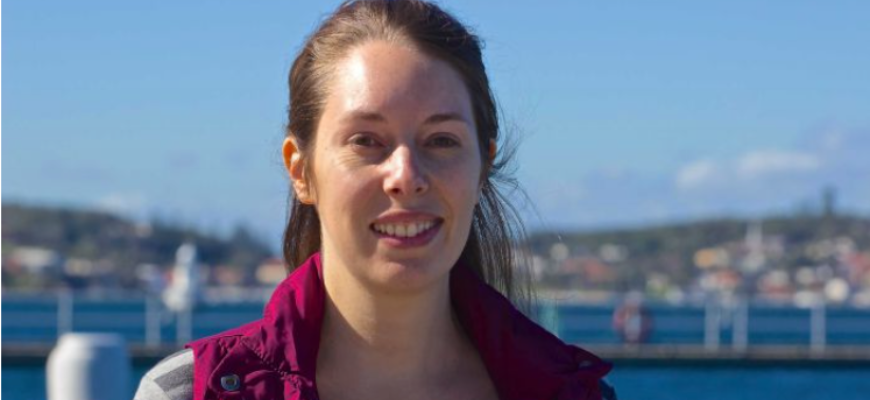
There are so many opportunities. Just to list a few examples, you could go into research, university teaching, high school teaching, environmental impact assessments, genetics, museums, science communication, conservation and oceanography.
Even if you don’t end up working as a marine scientist, at the end of the day you still have a science degree. You can use it to move into other areas that interest you.
I know people who have moved into medicine, dentistry and bioinformatics.
Written by Guest Author
We have regular contributions to our blog from our Tutor Team and high performing Matrix Students. Come back regularly for these guest posts to learn their study hacks and insights!© Matrix Education and www.matrix.edu.au, 2025. Unauthorised use and/or duplication of this material without express and written permission from this site’s author and/or owner is strictly prohibited. Excerpts and links may be used, provided that full and clear credit is given to Matrix Education and www.matrix.edu.au with appropriate and specific direction to the original content.